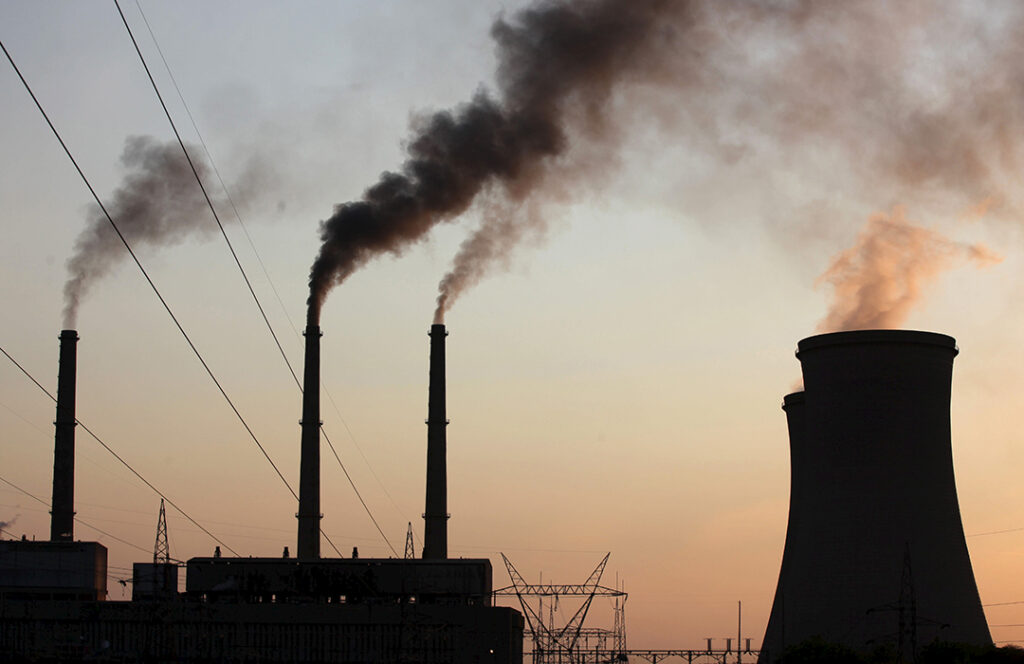ADF STAFF
Experts are worried that a planned $3 billion coal plant in Zimbabwe will increase pollution and plunge the country further into debt.
The plant is to be built in the northern Zimbabwe town of Sengwa, near Lake Kariba, the world’s largest artificial lake and reservoir. Daily power outages in the area have hindered industrial capacity for decades, and the reservoir already is seriously depleted by droughts.
China Gezhouba Group Corp. will help build the plant with RioZim Ltd. Commercial Bank of China has formally expressed interest in the project and is negotiating with Sinosure, also known as the China Export and Credit Insurance Corp., to cover country risk insurance costs. PowerChina will build the project’s pipeline and a 420 kilovolt-ampere power line, Bloomberg reported.
Chinese President Xi Jinping has pledged to build environmentally friendly Belt and Road Initiative (BRI) projects in Africa, but the Sengwa project has drawn skepticism.
Most coal-fired power plants built by Chinese companies overseas emit multiple times more air pollutants than is allowed in China, Lauri Myllyvirta, lead analyst for the independent Centre for Energy Research and Clean Air, told ADF in an email. Due to poor local regulation and oversight, the companies use inferior technology that would not be legal in China.
“The most fundamental concern is complete lack of environmental supervision,” Myllyvirta said. “The plant is due to start construction, but there is no environmental impact assessment, which means no environmental management plan, no information on emission control technologies or other mitigation measures, and no legally enforceable permit conditions. These are the most basic requirements for preventing abuses and major negative impacts on communities.”
Many Sengwa residents rely on local coal and agriculture. Burning coal for electricity releases heavy metals and other pollutants that can leach into groundwater and cause health problems, Christine Shearer, director of the coal program at Global Energy Monitor, told ADF.
“China has plenty of coal, but Chinese power and coal companies are looking for new markets abroad since there is growing pressure domestically to scale back on the country’s coal power,” Shearer said in an email. “There are several coal plant projects in Zimbabwe with Chinese backing. It appears to be a convergence of Zimbabwe authorities prioritizing coal over clean energy, and Chinese power companies looking for new markets for their coal technology.”
Other coal plant projects planned in Zimbabwe include one in Binga and three in Matabeleland North Province, including one that will allow coal mining operations in Hwange National Park. While other countries have shied away from investing in coal projects, there are 13 Chinese-backed coal plant projects across Africa and another nine in the works, Bloomberg reported.
“It’s simply Chinese companies with excess production capacity looking for business overseas, helped by production subsidies and subsidized financing from the Chinese government,” Myllyvirta said.
The multibillion-dollar Zimbabwe projects will force the country further into debt as its economy reels from the COVID-19 pandemic. By December 2018, Zimbabwe’s public debt reached $18 billion, about 34% of which was owed to China, according to the Observer Research Foundation.
Loans related to Chinese BRI projects in Africa, such as the one funding the Sengwa project, are notorious for their lack of transparency. Zimbabwe is among several African countries that have appealed for debt relief from China since the pandemic started, but China has declined to do so.

